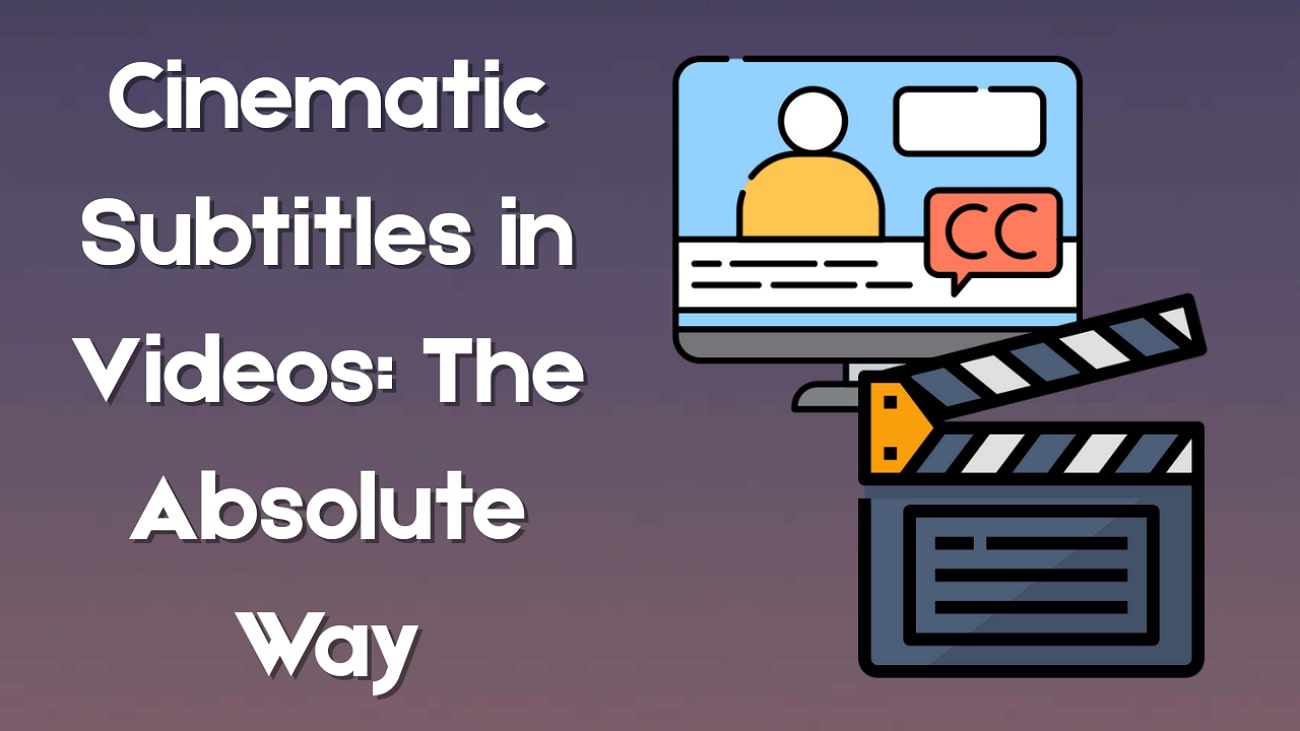Disaster AI videos have quickly become one of the most eye-catching trends across social media. These short, dramatic clips use artificial intelligence to transform ordinary images into scenes of tsunamis, earthquakes, and extreme weather, which are almost believable.
If done right, AI disaster videos aren’t just visually stimulating. They can help depict scenes that are difficult to imagine and even instigate emotion. And here’s the most amazing part: They’re extremely easy to create with the right tools.
This article will explain what you need to create these videos, how to do them, and even elevate them with crisp sound.
In this article
Part 1: What Do You Need to Make a Disaster AI Video?
Here are the essentials to make a believable and emotionally gripping AI-generated weather video:
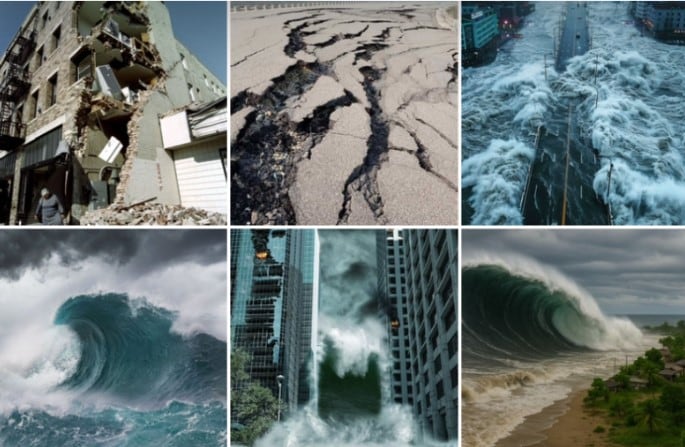
- An AI video generation tool: You need an AI video generator that can animate your image based on a text prompt or one that generates videos from scratch, based on prompts alone.
- Audio editing support: To create emotional impact, you’ll need audio tools that let you add weather sounds like thunder, sirens, water rush, or wind. A video editor with a sound library is perfect for this.
- A descriptive prompt: Your prompt tells the AI what kind of disaster to generate. Hence, be specific and descriptive. The more visual detail you include, the more dramatic and realistic your final video will look.
Below are some prompt examples and the videos they generate:
- Earthquake with boulders falling on driving cars:
- A tsunami destroys an entire city by the beach:
- Flood destroying the city with people running away:
Part 2: Step-by-Step Guide to Create Disaster AI Videos
One of the newest and most powerful options for disaster video generation is Google Veo 3, a cutting-edge AI video model that turns text and images into cinematic short clips.
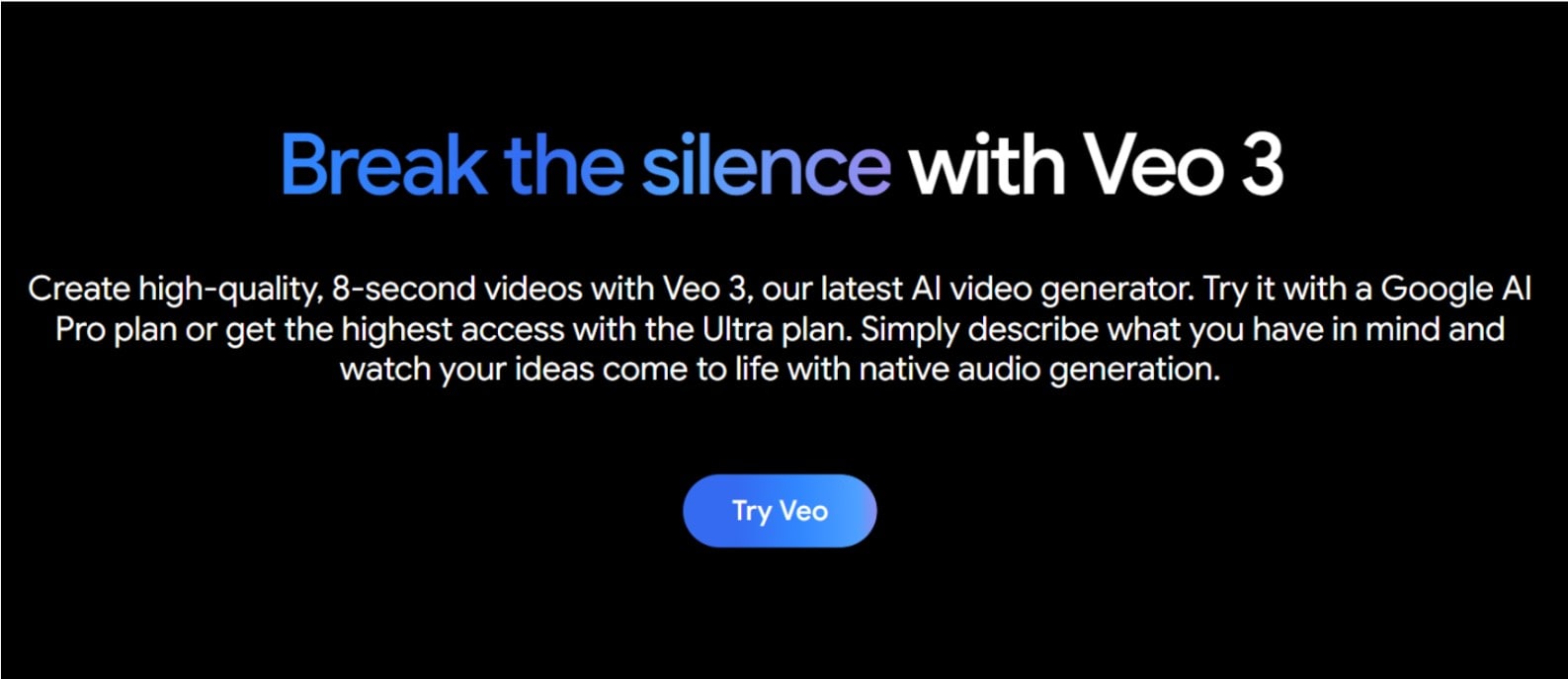
Now, while you can use this AI disaster video maker on mobile with a supported browser or app interface, it’s only accessible to users on either Google AI Pro or Ultra subscriptions. It supports both prompt-only and image + prompt input, making it ideal for disaster-style scenes where visual realism matters.
@quakelab_official what if a massive earthquake destroyed gwangan bridge in busan? this cinematic ai simulation shows suspension cables snapping, the bridge trembling, and massive sections collapsing into the sea. cars crash, sirens wail, and terrified people flee along the waterfront as chaos erupts over the ocean. 🎧 sound on — the quake feels real. like this kind of visual storytelling? subscribe for more epic ‘what if’ disaster simulations. ⚠️ not real — this is an ai #whatif #gwanganbridge #busandisaster #earthquakesimulation #koreaearthquake #aishorts #aidisaster #aigenerated #광안대교 #지진시뮬레이션 #ai재난콘텐츠 #whatifseries ♬ 오리지널 사운드 - QuakeLab
Below is a simplified guide to help you create your first disaster AI video using Veo 3 on your phone.
Step-by-Step Guide to Create Disaster AI Videos with Google Veo 3
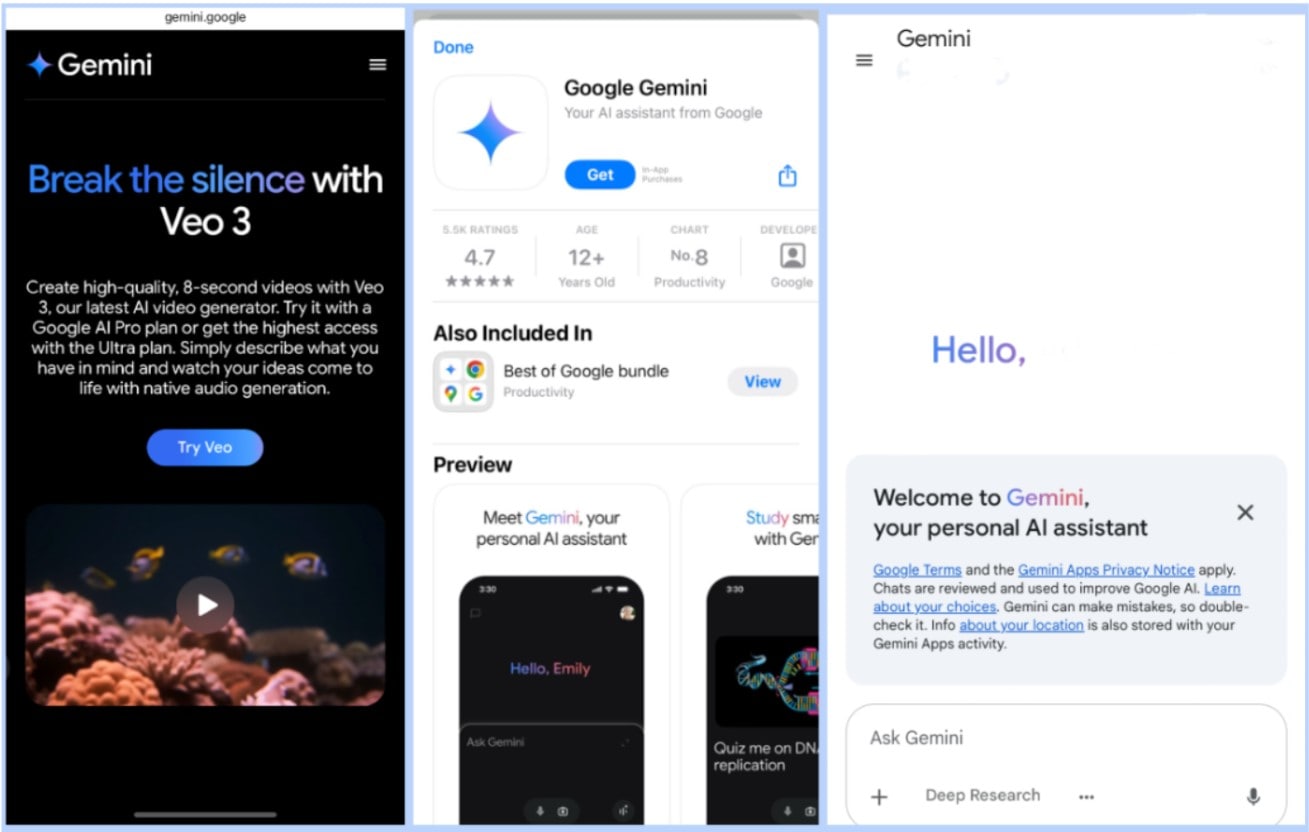
- Visit the official Google Veo 3 site and click on Try Veo.
- Enter a detailed prompt in the text box.
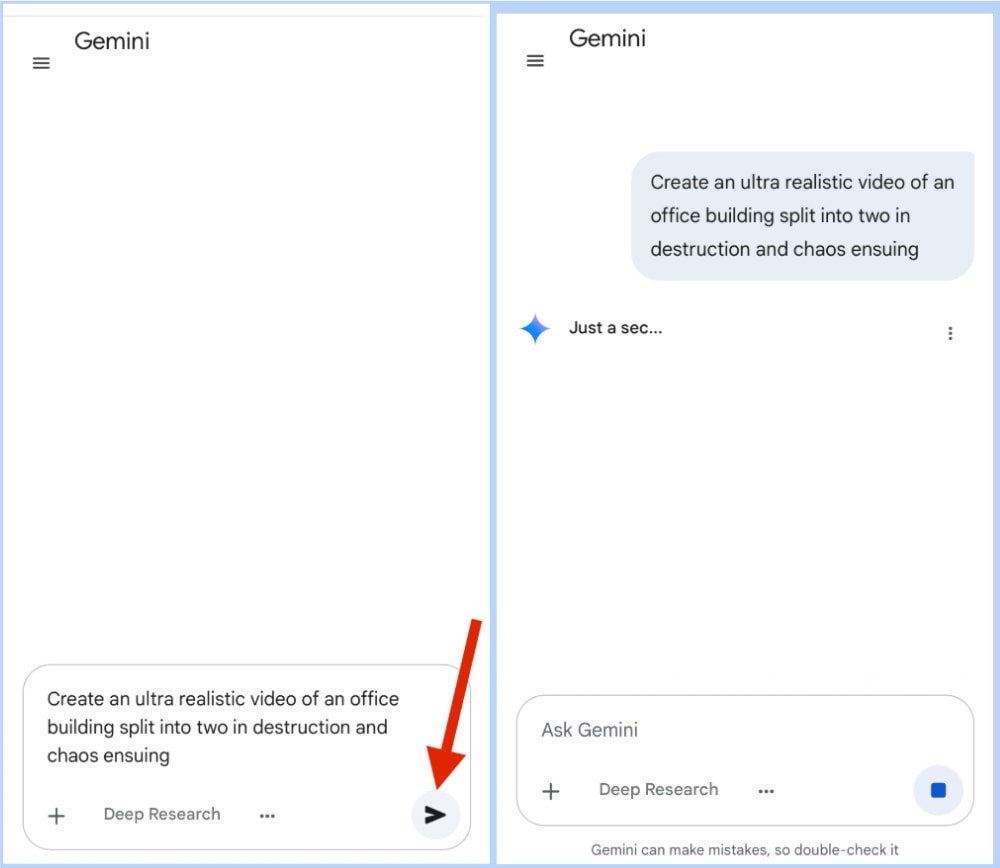
- Click on Send to generate the video, and download.
Below is a sample video generated with Veo 3:
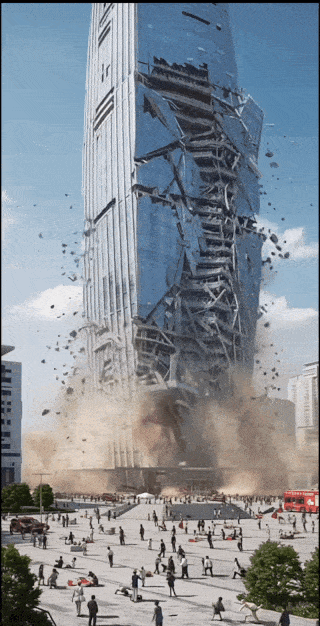
Part 3: Elevate Your AI Disaster Video with Terrifying Sound Effects
Once your disaster AI video is ready, the next step is turning it into an experience, and nothing does that better than sound. Terrifying, eerie, and emotionally charged audio effects can take even the simplest video and make it unforgettable. This is where Wondershare Filmora comes in.
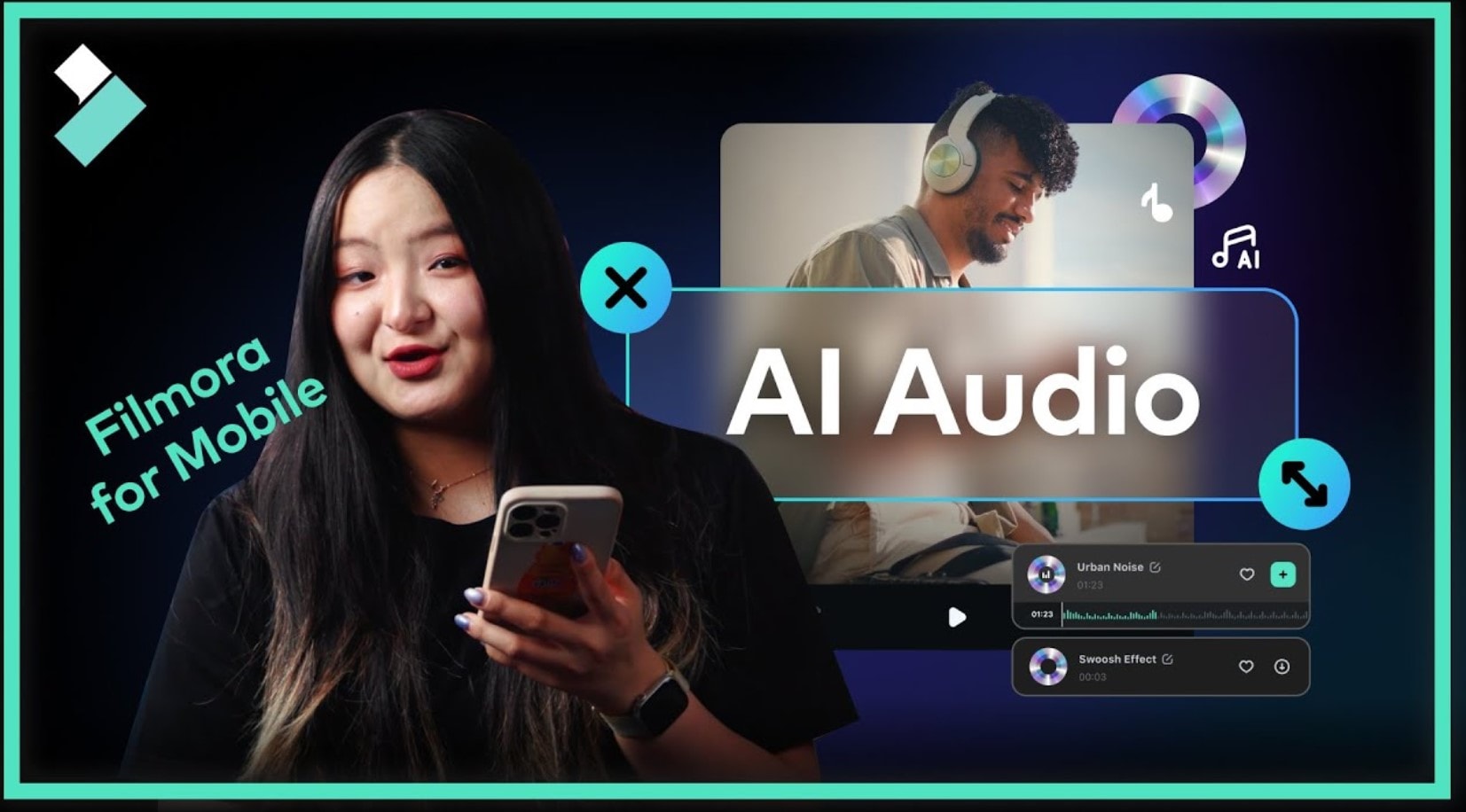
Filmora for mobile offers a wide library of sound effects and background audio, as well as the ability to layer sounds precisely. Whether you want screaming crowds, ominous wind, or low-end rumbles, Filmora makes it easy to create immersive disaster soundscapes without needing advanced editing skills.
Sounds you can add to your AI disaster video with Filmora audio library:
- Shouting and screaming for panic scenes, evacuation moments, or sudden disaster impacts.
- Eerie sounds for building tension before a natural event strikes. Think ghostly wind, metallic creaks, or distant rumbles.
- Low humming or droning for adding an unsettling atmosphere, especially in scenes showing approaching danger.
- Thunder, crashing waves, and sirens for direct storm or flood-based visuals.
- Glass breaking, debris, fire crackle for earthquake or explosion scenarios.
@promptlylabsai Natural disasters made by Ai 🌊 #fyp #foryou #veo3 #tsunami ♬ original sound - promptlylabsai
Ready to step up your AI disaster video with immersive sound and edits? Follow these steps to do it right with Filmora:
Steps to Add Sound Effects with Filmora
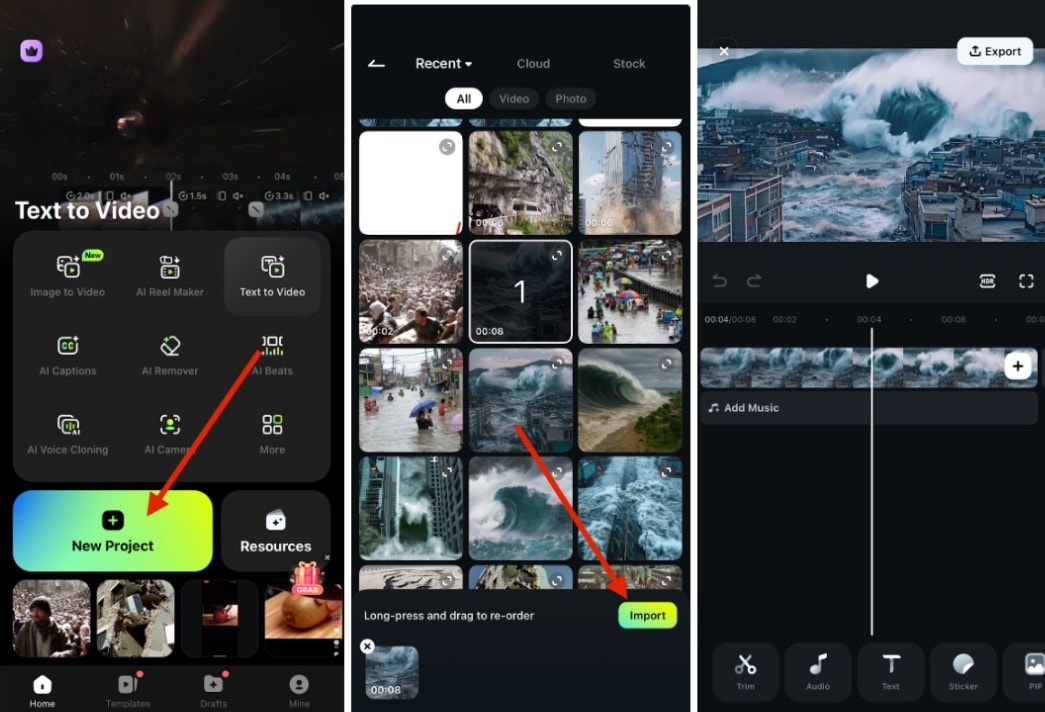
- Click New Project and upload your AI disaster video
- Tap Import to access the editing suite, and arrange your clips on the timeline.
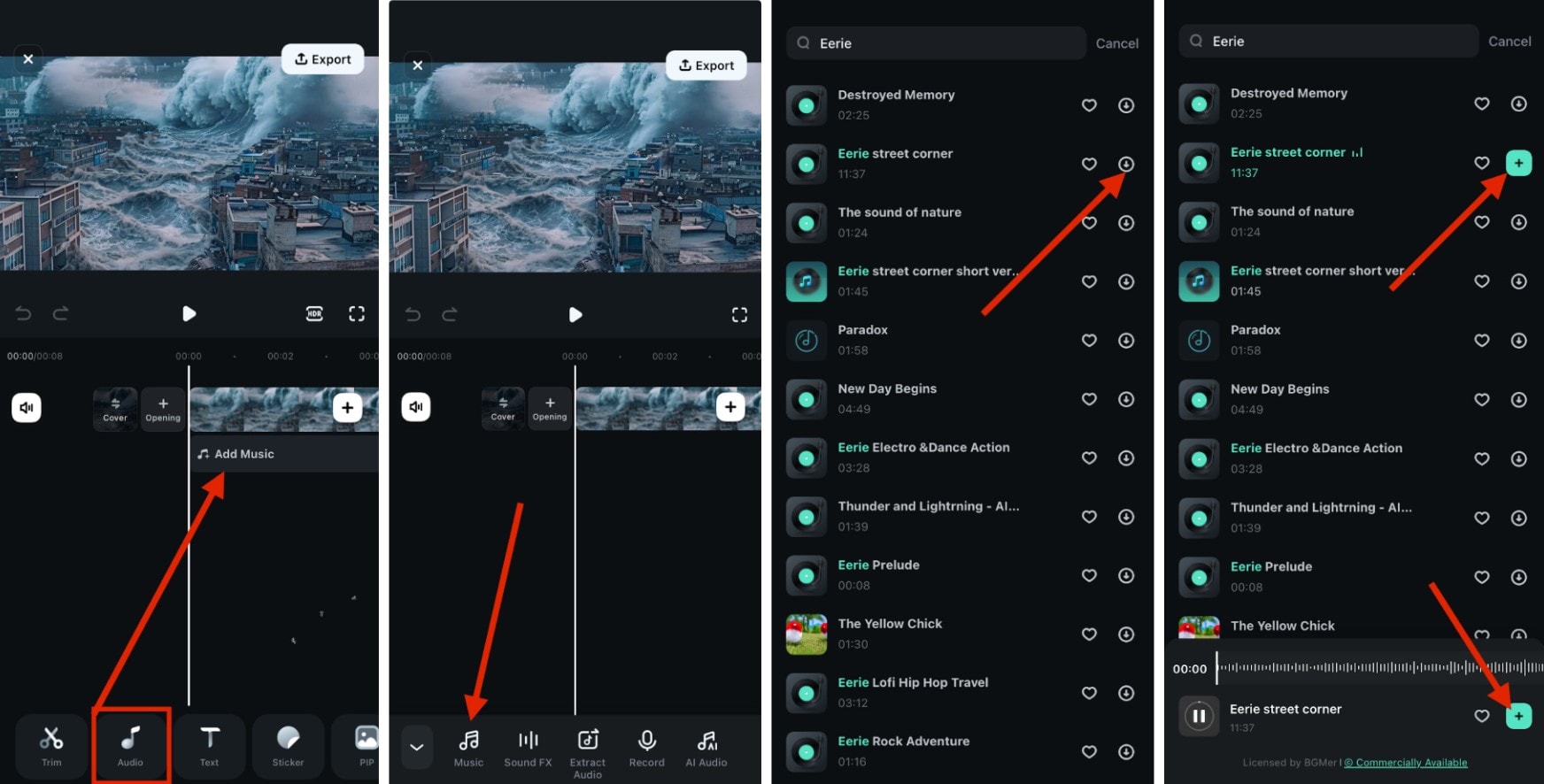
- Click Add Music under the clip or Audio > Music at the base of the screen.
- Download the specific sound you want and tap the “+” sign to add it to the timeline. Adjust volume and duration accordingly.
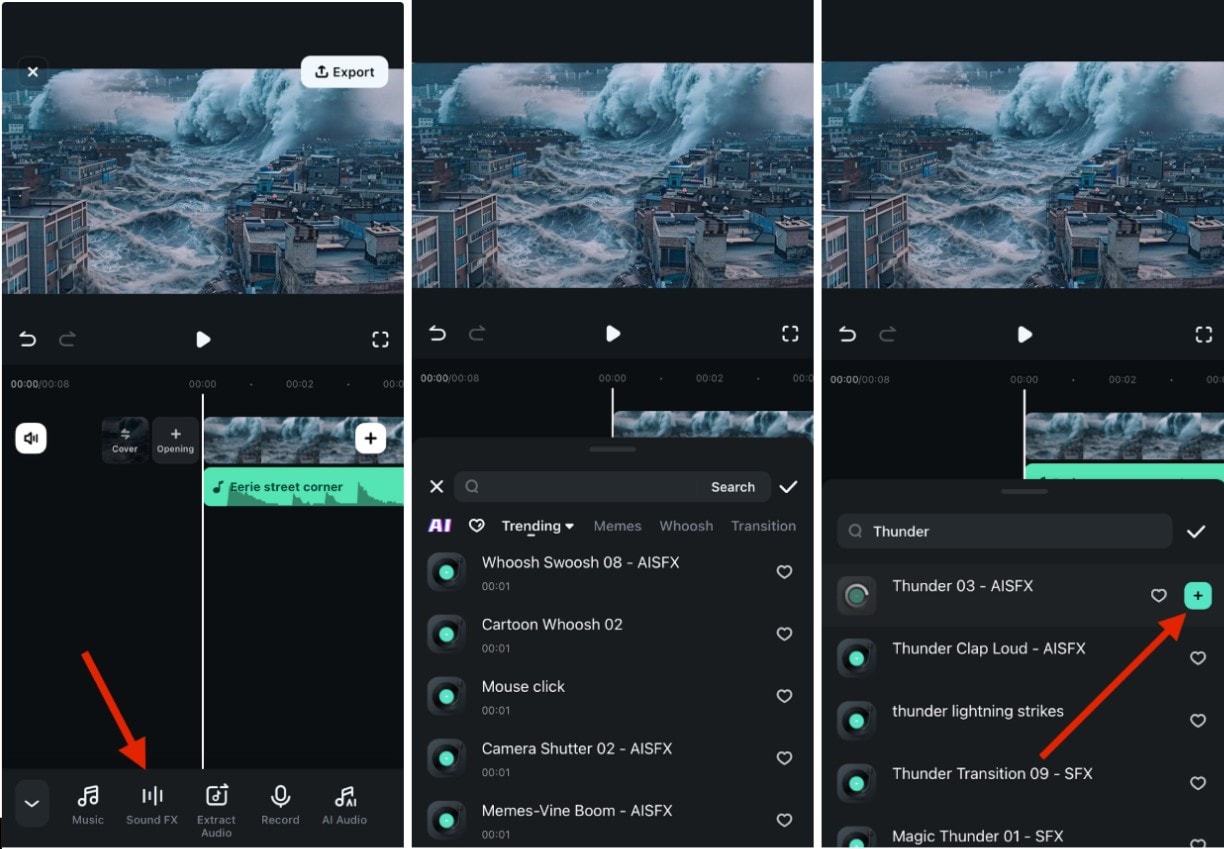
- From the Audio tab, choose Sound FX
- Download the desired sound effect, and add it to the timeline.
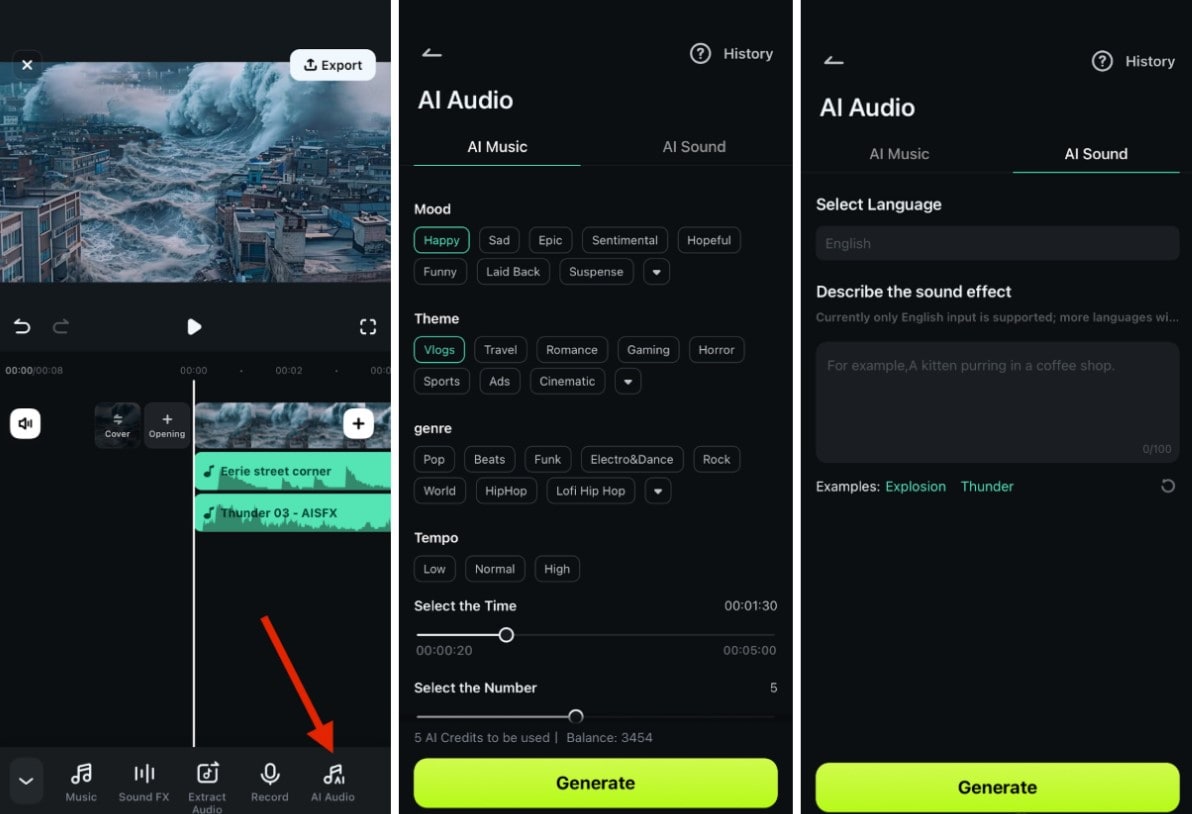
- On the toolbar, select Audio > AI Audio.
- Swipe to AI Music or AI Sound to generate music or sound effects, respectively.
When you’re satisfied, preview and export the video to save it to your device or share it.
Here’s what the final result should look like:
Conclusion
Disaster AI videos don’t need to be complicated. With the right image, a clear prompt, and the right tools, you can turn something simple into something people can’t stop watching. It’s really just about telling a dramatic story and letting AI do the heavy lifting.
Tools like Google Veo 3 help you bring the visuals to life, while Filmora lets you shape the mood with layered audio that actually feels intense. As you start experimenting, you’ll see how easy it is to create videos that look dramatic and sound professionally made, without needing a studio or advanced skills.



 100% Security Verified | No Subscription Required | No Malware
100% Security Verified | No Subscription Required | No Malware


